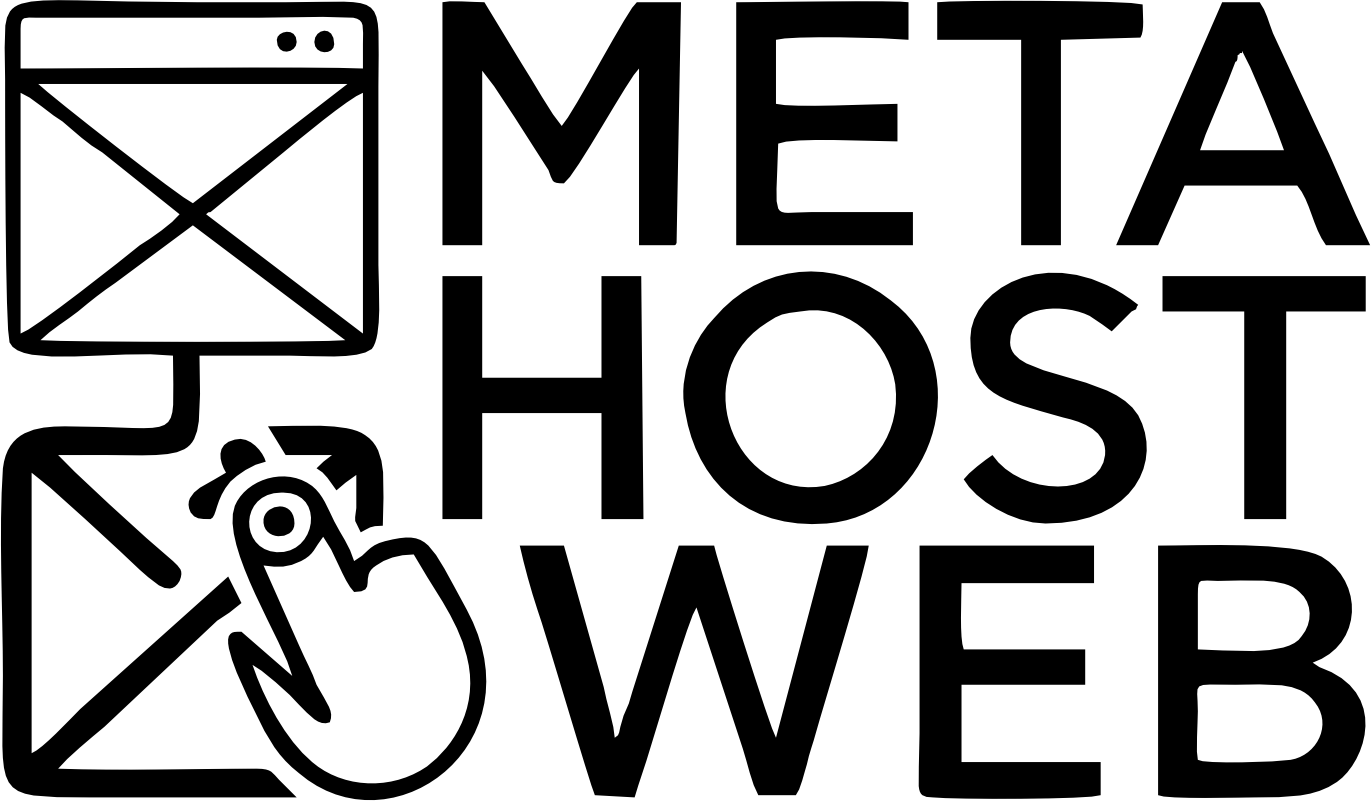Website security should be a top priority for any online business or individual. With cyberattacks becoming more sophisticated, ensuring that your website is protected from potential threats is crucial. One of the most effective ways to enhance your website’s security is by choosing the right hosting provider.
In this blog, we’ll explore how the best hosting options can secure your website, prevent common threats, and help protect sensitive data. Whether you’re a business owner, blogger, or e-commerce store manager, understanding how hosting impacts your site’s security is essential.
Why Website Security Matters
Website security is essential to protect your business, customers, and reputation. If your site gets compromised, it can lead to several consequences:
-
Data Theft:
Sensitive customer information, such as personal data and credit card numbers, can be stolen if your site is not secured properly. -
Reputation Damage:
A hacked website can harm your brand’s credibility. Customers are less likely to trust a business with an unsecured website, leading to lost sales and customer loyalty. -
Search Engine Penalties:
Google and other search engines can penalize websites that are compromised or have been involved in malicious activities, making it harder for your site to rank in search results. -
Financial Losses:
If hackers gain access to your website, they could steal funds, insert malware, or redirect users to fraudulent websites, leading to significant financial damage.
Choosing the right hosting provider is the first step in securing your site. Here’s how to choose the best hosting options for your website’s security.
Key Features to Look for in Secure Hosting Options
When choosing a web hosting provider, it’s essential to ensure they offer the necessary security features to protect your website. Here are the key features to look for:
-
SSL Certificates:
An SSL (Secure Sockets Layer) certificate is a must-have for any website handling sensitive information, such as login credentials or payment details. SSL encrypts data transmitted between the user’s browser and your web server, ensuring that hackers cannot intercept the information. A secure website will show “https” in the URL instead of “http,” which indicates that SSL is enabled.
Many quality hosting providers offer free SSL certificates with their hosting plans, so make sure to check if this feature is included.
-
DDoS Protection:
Distributed Denial of Service (DDoS) attacks aim to overwhelm your server with traffic, causing your website to go offline. To safeguard against such attacks, look for a hosting provider that includes DDoS protection. This will help maintain your website’s availability during sudden surges of malicious traffic.
-
Regular Backups:
Backups are crucial in case your website is compromised or your data is lost. A reliable hosting provider will offer regular, automated backups to ensure that you can quickly restore your website in case of an attack or server failure. Ensure that backup options are easy to access and restore.
-
Firewalls:
A web application firewall (WAF) helps block malicious traffic before it reaches your website. WAFs filter out harmful requests, preventing them from exploiting vulnerabilities in your website’s code. Many hosting services provide a WAF as part of their security features to protect against common cyber threats.
-
Two-Factor Authentication (2FA):
Two-factor authentication adds an extra layer of security to your website by requiring a second form of identification, such as a code sent to your phone, along with your password. Hosting providers that offer 2FA for access to their control panel or server provide an additional barrier against unauthorized access.
-
Security Monitoring:
Security monitoring services track and scan your website for any vulnerabilities or suspicious activities. A hosting provider that offers continuous security monitoring will alert you immediately if there’s a potential breach or malware detected on your site. This allows you to take immediate action and prevent further damage.
The Best Hosting Options for Website Security
Now that you know what features to look for, let’s explore the types of hosting that can offer superior security:
-
Managed Hosting:
Managed hosting providers take care of all the technical aspects of your website, including security. They perform regular software updates, monitor for vulnerabilities, and implement best practices to keep your site secure. Managed hosting services are ideal for website owners who want a hassle-free, secure solution.
-
VPS Hosting (Virtual Private Server):
VPS hosting offers greater control and security compared to shared hosting. With VPS, your website is hosted on a virtual server, meaning that you share the physical server with fewer users. This reduces the risk of security breaches from neighboring websites. Additionally, VPS hosting allows you to configure custom security settings, install firewalls, and manage your resources more effectively.
-
Cloud Hosting:
Cloud hosting offers scalability, redundancy, and security. Since your website data is distributed across multiple servers, the risk of data loss or downtime is minimized. Cloud hosting also includes automatic backups and the ability to scale resources based on demand, ensuring that your site remains secure and available even during traffic spikes.
-
Dedicated Hosting:
Dedicated hosting offers the highest level of security. With dedicated hosting, your website has access to an entire server, meaning there are no other sites sharing your resources. This reduces the risk of attacks originating from other sites. Dedicated hosting also allows for complete control over your server’s security settings and custom configurations.
Additional Website Security Best Practices
While choosing the best hosting options is crucial for website security, there are also several best practices you should implement:
-
Keep Software and Plugins Updated:
Regularly update your website’s CMS, plugins, and themes to patch any known vulnerabilities. Outdated software is a common target for hackers. -
Use Strong Passwords:
Avoid using default passwords and always use complex, unique passwords for your hosting accounts and website admin areas. -
Limit User Access:
Ensure that only authorized users have access to your website’s backend. Limit administrative privileges to those who truly need them. -
Monitor Logs:
Regularly monitor your website’s activity logs to spot any suspicious behavior. Many hosting providers offer log monitoring tools to help with this.
Conclusion:
Website security is an ongoing concern, and choosing the right hosting provider is the first step in safeguarding your site. By selecting a host that offers SSL certificates, DDoS protection, automated backups, firewalls, and other key features, you can create a secure foundation for your website.

